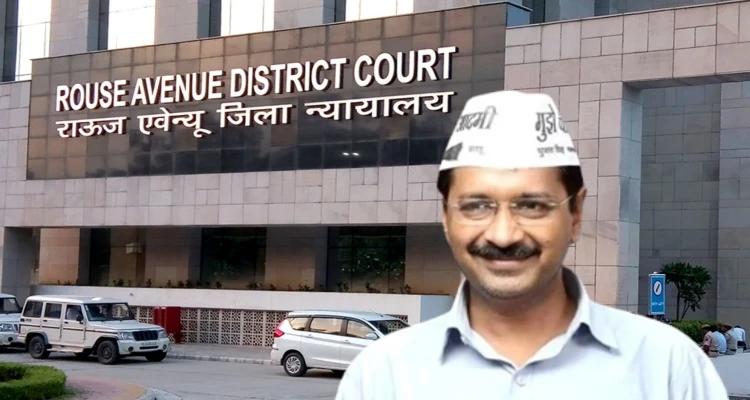
In a significant relief for Delhi Chief Minister Arvind Kejriwal, the Rouse Avenue Court has granted him bail in a money laundering case linked to the alleged excise scam.
Special Judge Niyay Bindu also rejected the Enforcement Directorate’s (ED) request to delay the bail order for 48 hours, which would have allowed the agency to seek remedies from a higher court.
Bail Conditions
The judge ordered Kejriwal’s release on a personal bond of Rs 1 lakh, with specific conditions, including that he must not interfere with the investigation or influence witnesses. Additionally, Kejriwal is required to appear before the court when summoned and to cooperate with the investigation.
The judge reserved the order after hearing arguments from the ED, which attempted to connect Arvind Kejriwal to the alleged proceeds of crime and co-accused, and the defense, which argued that the prosecution lacked evidence against the AAP leader. Kejriwal’s lawyers are expected to submit the bail bond to the court today, leading to his release from Tihar jail.
Meanwhile, the central probe agency is likely to challenge the bail order in the High Court.
The grant of regular bail to the AAP national convenor provides his party and its allies with a means to criticize the Modi government.
Under Section 45 of the stringent Prevention of Money Laundering Act (PMLA), bail can be granted only if the judge is satisfied that the accused has not committed the offense and is unlikely to commit any offense while on bail.
Controversial Arrest
On March 21, the Delhi chief minister was arrested by the ED, shortly after the Delhi High Court denied his petition seeking protection from arrest. On May 10, the Supreme Court granted interim bail to Kejriwal until June 1 to campaign in the Lok Sabha elections, stipulating that he must surrender and return to jail on June 2. Kejriwal complied and has been in Tihar jail since June 2. On June 5, the trial court denied his request for interim bail, which he sought due to several health issues.




